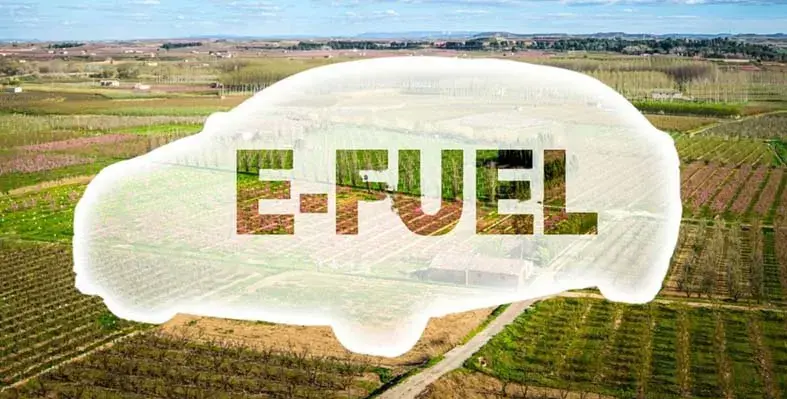Synergy Consulting discusses the advantages and challenges of e-fuels, and how a favourable environment can be created for their growth
E-fuels, or electro fuels, are synthetic fuels produced using electrolytic hydrogen. They are considered low-emission fuels when both their hydrogen and carbon inputs are derived using methods that result in minimal life-cycle greenhouse gas emissions. The production of e-fuels involves combining hydrogen with other elements to create different types of fuel products, each with specific applications and infrastructure requirements. Various different fuel types can be produced along this basic route.
Different fuel products can be further categorised by their ease of use. Drop-in e-fuels such as e-kerosene, e-diesel and e-gasoline are compatible with existing refuelling infrastructure and can be blended with limited constraints with petroleum-derived counterparts. By contrast, alternative e-fuels such as e-ammonia and e-methanol require investments in distribution infrastructure and end-use equipment to enable their use in the transport sector.
These types of fuels present yet another avenue in our quest towards a cleaner future by reducing greenhouse gas emissions in the energy and transportation sectors given that they utilise renewable electricity for their production. Drop-in e-fuels offer an easier transition due to their compatibility with existing infrastructure, whereas alternative e-fuels, despite their potential, require significant upfront investments.
E-fuels offer significant advantages in terms of reducing greenhouse gas emissions and utilising existing infrastructure, but they also face substantial challenges, particularly related to production costs, energy efficiency, and the need for substantial investments in new infrastructure. Balancing these factors is essential for the successful development and deployment of e-fuels.
- Reduction in greenhouse gas emissions: E-fuels can significantly lower life-cycle greenhouse gas emissions when produced using renewable energy sources and sustainable carbon capture methods
- Compatibility with existing infrastructure: e-fuels like e-diesel, e-gasoline, and e-kerosene can be used with existing refueling and distribution infrastructure, reducing the need for significant changes or new investments
- Energy storage and transport: can store energy from intermittent renewable sources (like wind and solar) in a stable, transportable form, addressing the challenge of renewable energy storage
- Energy security: By producing these fuels domestically, countries can reduce their dependence on imported fossil fuels, enhancing energy security
However, there still exist significant challenges in a greater adoption of such fuels. The current cost of producing e-fuels is relatively high compared to conventional fossil fuels due to the energy-intensive nature of the processes involved and the need for advanced technologies.
The overall energy efficiency of e-fuel production can be low, as significant energy is required for electrolysis and subsequent synthesis processes, leading to higher overall energy consumption.
In addition, alternative e-fuels such as e-ammonia and e-methanol require new investments in distribution and refuelling infrastructure, as well as modifications to end-use equipment, posing a financial challenge. Many technologies related to e-fuel production are still in the development or early commercialisation stages, requiring further research, development, and scaling up to become viable.
Given these challenges, accelerated deployment of e-fuels thus requires a comprehensive approach that includes policy support, infrastructure investment, cost reduction of key technologies, R&D promotion, and exploitation of synergies with other sustainable technologies.
Integrating e-fuels with biofuels and carbon capture utilisation and storage (CCUS) can lead to maximising benefits.
By addressing these areas, host countries and governments can create a favourable environment for the growth of the e-fuel industry, driving down costs and making e-fuels a viable alternative to conventional fossil fuels.
This article is authored by Synergy Consulting IFA








